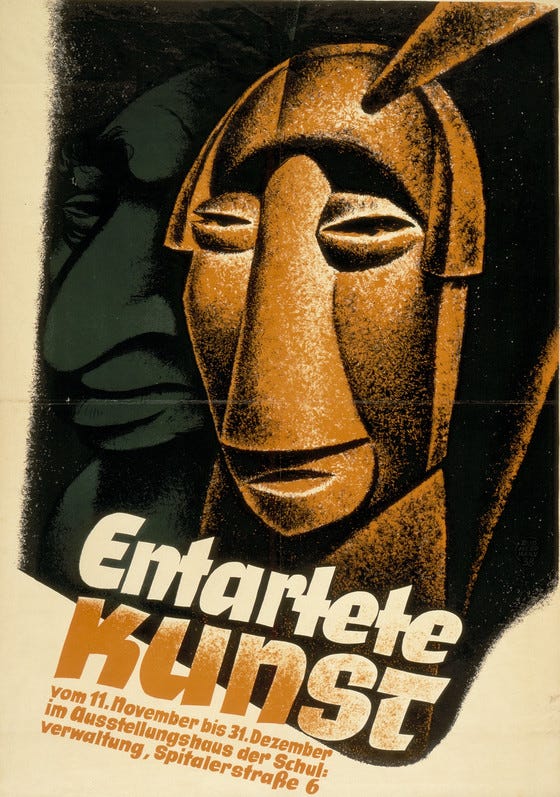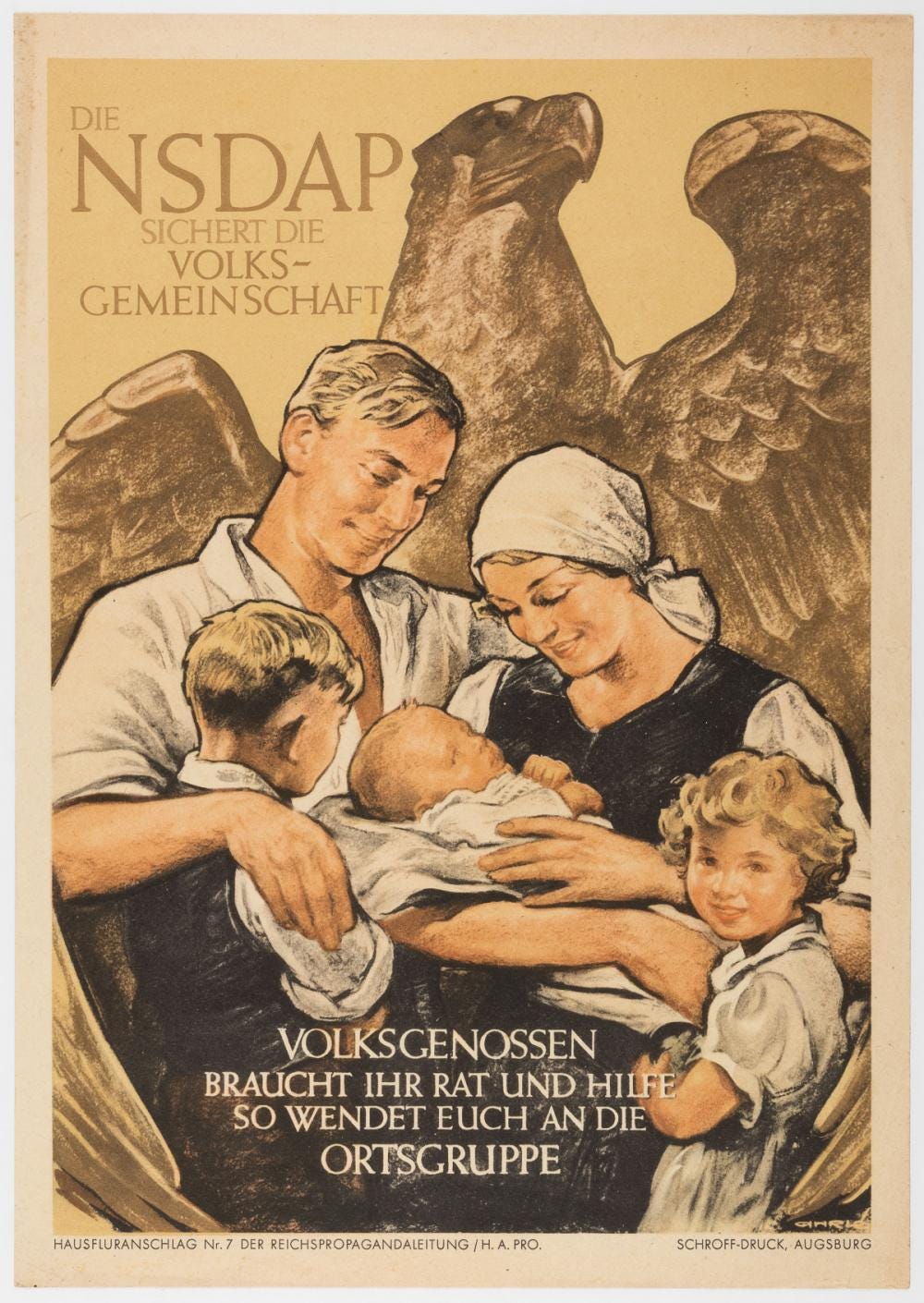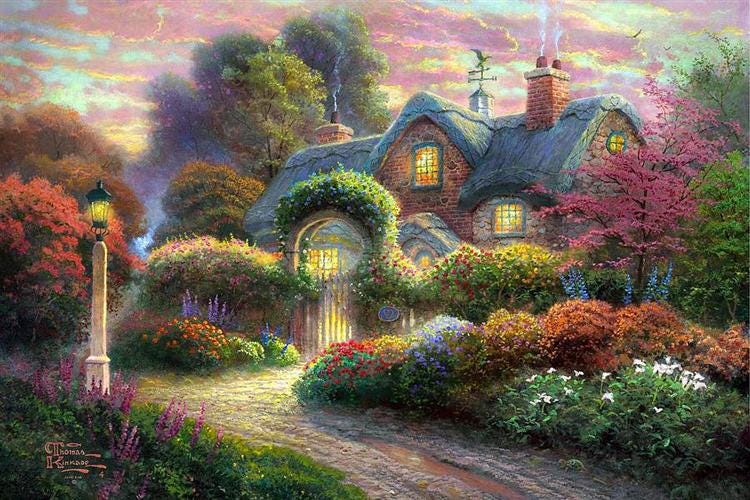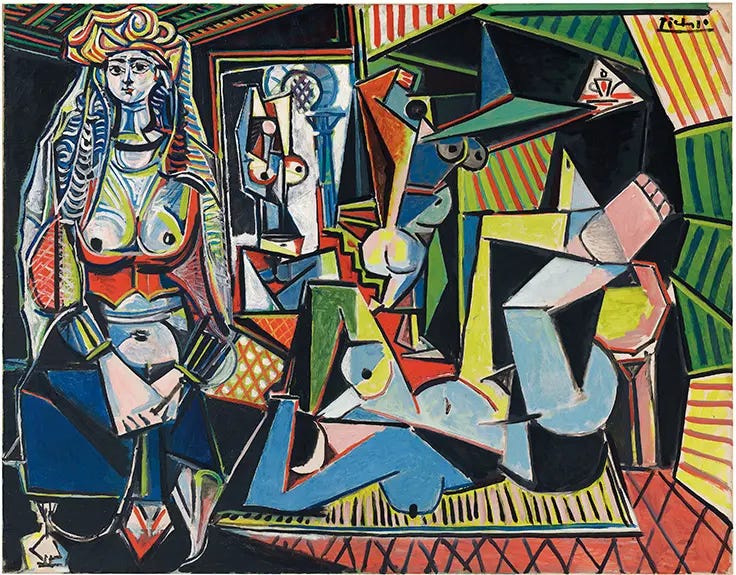What modern art can teach us about the transgender debate
"I like pictures that look like the real world". "Gender is biology". There are similar mechanisms underpinning the fetishization of "realistic" art and anti-trans activism.
We all have an annoying uncle or aunt who during dinner conversations tell us what real art should be like. “I like a horse that looks like a horse and not something a demented child could have drawn with broken crayons!”
This is real:
But this is not:
When the Nazis took over Germany, they made a point of associating modern abstract art with what they saw as degenerate Jews and Africans.

The ideals of Renaissance art (understood as “realistic rendering of the real world”, “linear perspective”) had become the default standard for all art (even if Renaissance art was far from “realistic” in the 20th century meaning of the word).
Art had to be something the regular Nazi party member could easily understand, something that strengthen their beliefs in Nazi ideology and the traditional values of the German middle class.

The fact that photography echoed the same aspects as perspective paintings and drawings seemed to prove that this way of looking at the world was real, the others were not. They never stopped to consider that the popularity of photography was caused by the fact that photos did live up to the aesthetic ideals of the time.
It is this belief in one’s own reality being the only real one that is echoed in the transgender debate.
Today’s anti-trans activism is mostly driven by middle class people who associate the “truths” they were raised with as comfort, stability and a fixed identity. This applies to the right wing religious fundamentalists of Texas as well as the privileged middle/upper class “gender critical” TERFs of Britain.
As in the discussions about good art, the quest for understanding has been reduced to a naive understanding of “reality” that reduces everything to photographic presentation (in art) or physics and biology (as in the gender debate).
Art that is exploring the psyche and challenging cultural prejudices and stereotypes is entartete (“degenerate”), and views of gender that accepts the reality of mind and culture is gender ideology (“perverted”).
I have written more about this over at Crossdreamers: “What abstract modern art can tell us about gender identity, sex and the transgender debate”





Thank you for this!!! I had an art show last September all about the gender spectrum. If interested: go to www.slideshare.net then search for kbalmer then select Balance.